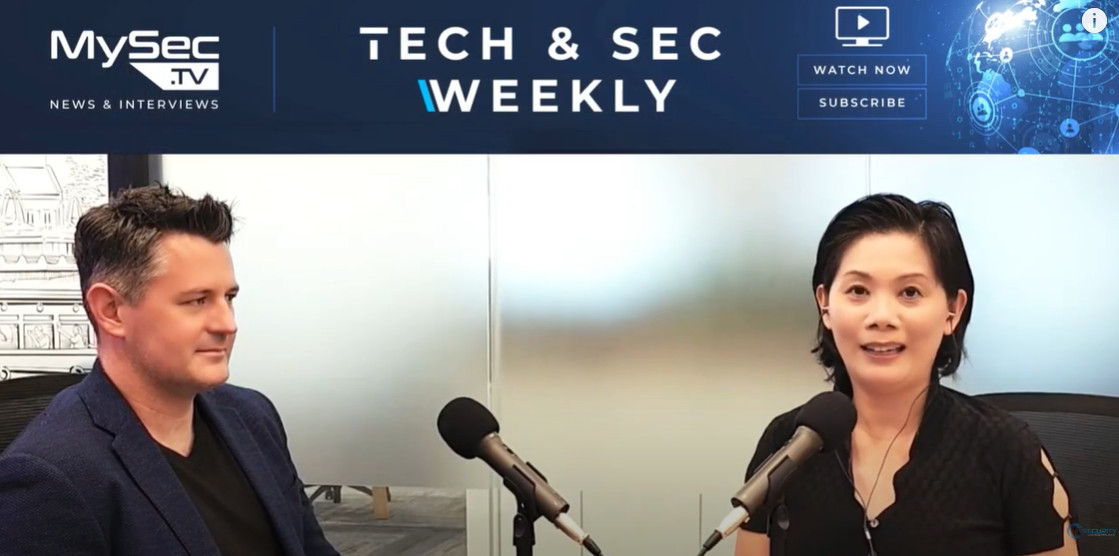We speak with Grant Wright, General Manager of Marketplace and AI Products, SEEK.
Grant leads SEEK’s global AI and Analytics teams at SEEK, who build and support the AI services that power SEEK’s products including search, recommendations, candidate quality and pricing; and provide internal analytics and experimentation capability to better understand the performance of our products and drive continuous improvement and innovation.
Grant brings to this role his previous experience as Strategy Director at SEEK.
Prior to joining SEEK, Grant worked at L.E.K Consulting for over 10 years where he advised organisations and governments across Australia, New Zealand and the US on strategy, performance improvement and mergers and acquisitions.
Grant holds a Bachelor of Business (Economics) & Bachelor of Computer and Information Science (Software Development) from the Auckland University of Technology, where he was awarded the New Zealand Computer Society Cup for the top Computer and Information Science Graduate.
Generative AI, particularly ChatGPT, is transforming service delivery for clients and end-users, prompting businesses to actively integrate this technology for operational refinement. Grant shares anecdotes, such as using ChatGPT to craft children’s bedtime stories.
Acknowledging glimpses of success in applying generative AI to customer interactions, Grant highlights the challenges of scaling these applications. Ongoing efforts focus on optimizing technology for widespread use, particularly in customer service scenarios.
In the realm of Gen AI transforming information into intelligence, Grant provides statistical insights into the platform’s extensive reach, encompassing millions of candidate profiles, billions of interactions, and a substantial volume of job applications. Gen AI’s value lies in extracting insights from traditionally unstructured data like job ads and CVs, summarizing and distilling it for actionable intelligence.
Anticipating a transformative shift in user experience, Grant envisions users communicating with AI more naturally. This evolution, inclusive of voice interfaces, promises new avenues for interaction, moving away from adapting to machine language.
Delving into responsibility in AI implementation, Grant underscores the importance of responsibly handling data and biases to prevent reinforcing discriminatory outcomes through AI. Emphasizing the necessity to understand the risks associated with training data and be mindful of potential impacts on individuals affected by AI-generated decisions.
Exploring the challenges and realities of AI impact on jobs, Grant highlights the disparity between the hype around AI’s impact on jobs and tangible transformations in the job market. A balanced perspective is crucial to avoid overestimating or underestimating AI’s immediate effects. Jobs are perceived as bundles of tasks, and Grant emphasizes the complexity of job market transformations. While some tasks may automate, others evolve or experience increased demand. For instance, the transition from last-mile delivery to drone-based delivery illustrates how job demands can shift within industries.
In preparing for change and AI adoption, Grant advises individuals, employers, and business owners to embrace adaptability in the face of evolving technological landscapes. Individuals are encouraged to explore and experiment with AI tools in their daily lives. Employers should focus on evolving skill requirements rather than rigidly adhering to traditional hiring practices. Additionally, caution is advised in AI adoption, especially in building internal capabilities. It involves asking the right questions about underlying AI capabilities, understanding potential risks.
Recorded on 29th February 2024, 6pm, SEEK office (Wallich Street, Singapore).






